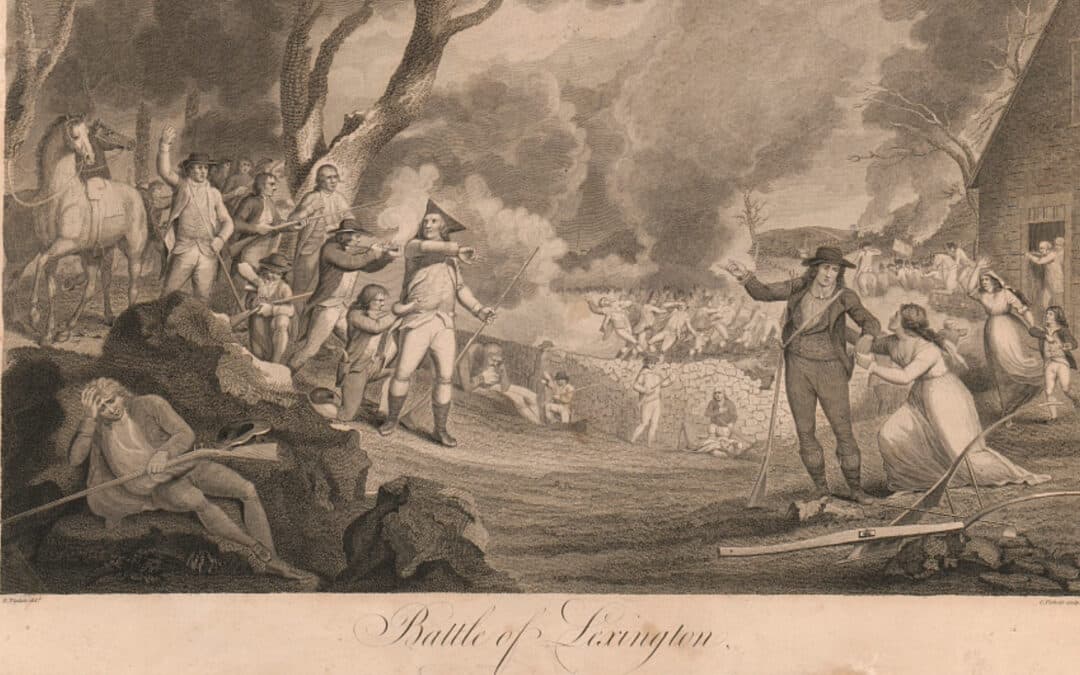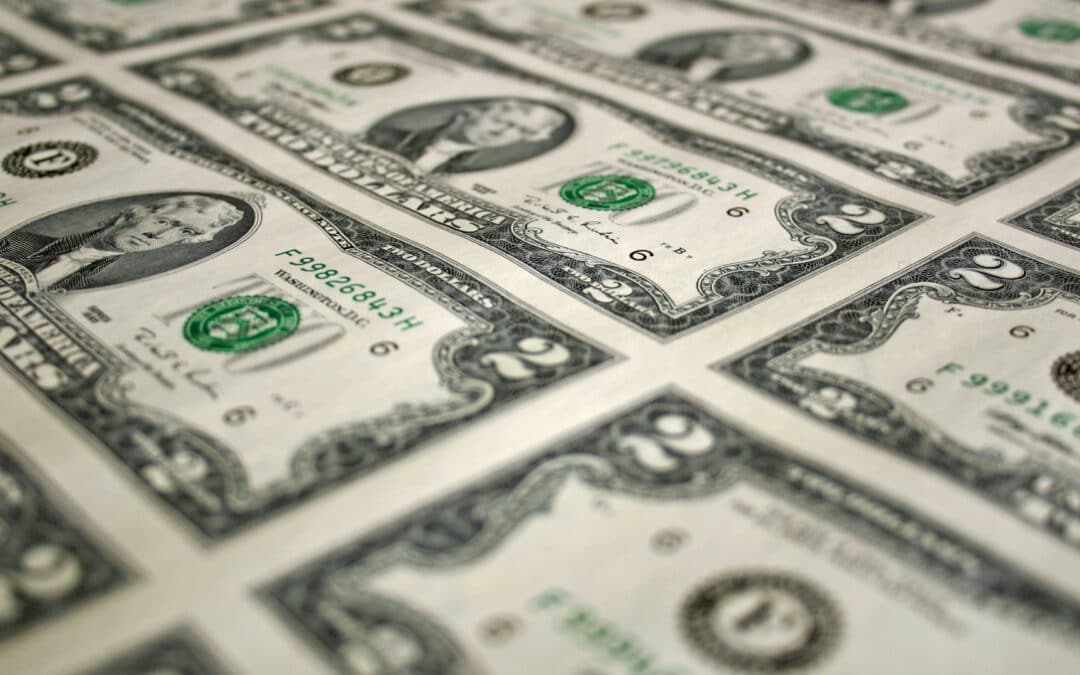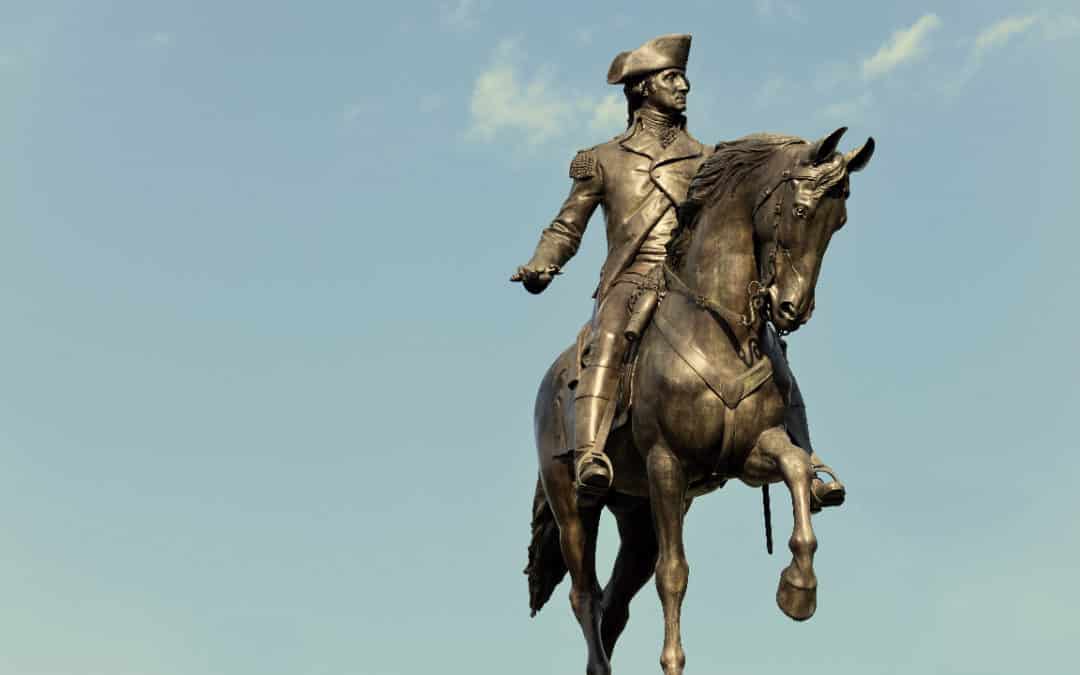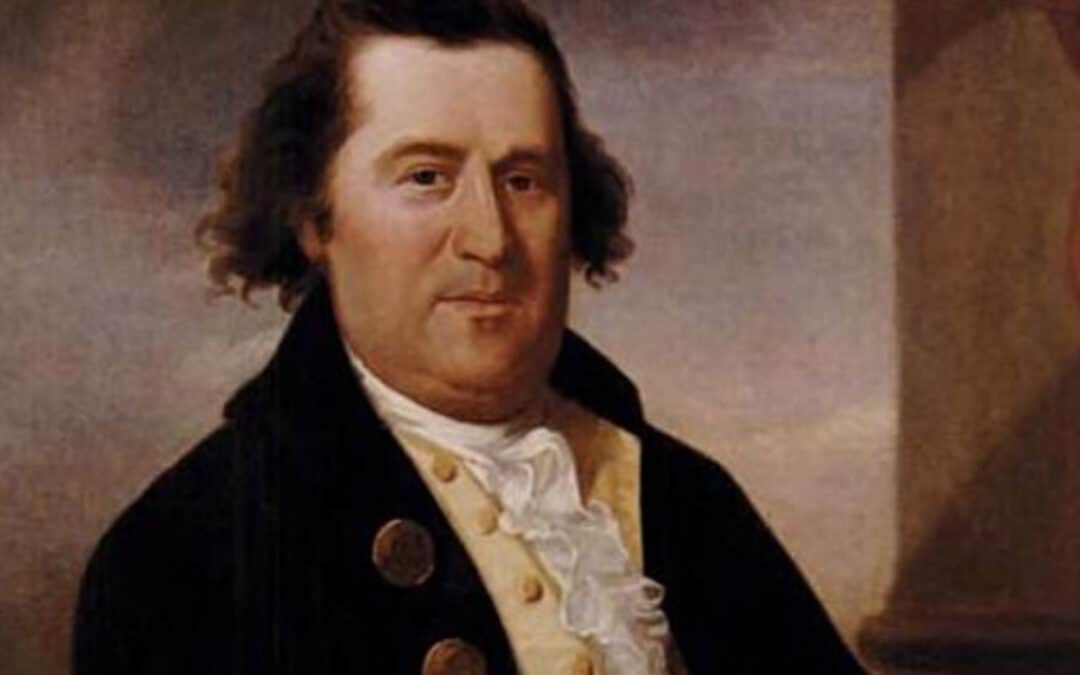
History


Thomas Jefferson’s Warnings and Predictions about the Dangers of Money-Printing
Thomas Jefferson’s chilling warnings about unchecked fiat, paper money proved prophetic as the U.S. plunged into its first boom-bust economic crisis in the early 19th century. In an 1814 letter to Thomas Cooper, Jefferson wrote, “Every thing predicted by the...
Limited or Absolute Power: Warnings from Anti-Federalist Agrippa
The Anti-Federalist writer Agrippa powerfully expressed many of the same reservations about the Constitution as other opponents – that it would create a consolidated government leading to a loss of liberty. But unlike most others, Agrippa was also concerned with...
The Ides of March: George Washington Quells a Coup
It was the end of 1782 and the War for Independence was all but over, but the details of the official peace treaty had not yet been hammered out between the American delegation (John Jay, Benjamin Franklin, and John Adams) and their British counterpart (David...
William Dawes: A Literally Unsung Hero of American Liberty
In the shadows of American history, where the deeds of the famous are celebrated, there lies the often overlooked story of William Dawes, a man whose contributions to the cause of American independence are as pivotal as they are under-appreciated. This is the tale of...
